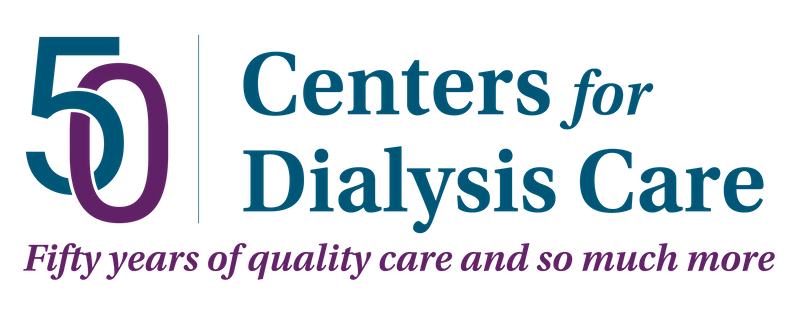The Social Security Trial Work Period
Dialysis does not have to mean the end of working. Many people with end stage renal disease continue to work throughout their lives. They may get their treatments at night after work or they may schedule their work days around their treatments. Others may have not felt well enough to continue to work. Some have started to receive Social Security Disability Insurance (SSDI). Once benefits have started it may seem like it would be difficult to return to work. The Social Security Administration has several programs to assist you.
Social Security work incentives can include a trial work period, extended period of eligibility and help with impairment related work expenses.
You can have a trial work period of nine months. The months do not have to be consecutive. During your trial work period your earnings will not affect your Social Security benefit. This allows you to make an attempt at working. A trial work month is any month that you earn over $620.00. When 9 trial work months are completed in a 60 month period then your work record is reviewed to see if your earnings are substantial. Generally more that $860.00 per month is considered substantial. If it is, your benefits would continue for 3 more months and then stop. For 36 months you would have an extended period of eligibility. This eligibility means that you may receive your Social Security benefit for any month that you do not have earnings of at least $860.00.
Impairment related work expenses (expenses for things you need because of your impairment in order to work) can be deducted when counting your earnings to determine if you are completing substantial work. If your benefits are not considered substantial following your trial work period then your benefits can continue as long as you are medically eligible.
When trying to return to work some people have found it helpful to get training through BVR or the Ticket to Work Program. If you are actively involved in a vocational rehabilitation program Social Security will not schedule a medical review. Usually one year after a successful kidney transplant you are no longer considered disabled so this might be a good reason to enter a vocational training program while you are still on dialysis.
